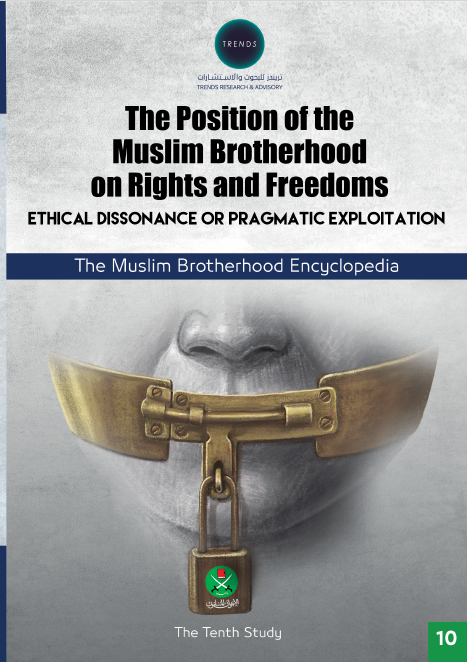The Muslim Brotherhood (MB) deal with political participation and the peaceful transfer of power in an opportunistic and pragmatic manner, rooted in both political and religious dissimulation, or taqiyya. Their objectives are to attain power and establish a state under the Brotherhood, aspiring to global leadership under the banner of "Stewardship of the World," based on the foundational principles and ideas espoused by their founder, Hassan al-Banna.
Contrary to inherently embracing the tenets of political participation and transfer of power, MB perceiv these as instrumental necessities imposed by circumstances to attain power. Notably, they regard their ascent to power as an obligation due to their staunch belief in possessing the exclusive and accurate interpretation of Islam and in representing the true faithful community (Ummah).
MB strategically exploit these concepts during times of oppression to solidify their presence and amplify their role in challenging established political regimes. They achieve this by utilizing these concepts to denigrate existing political systems and accuse them of despotism, dictatorship, and anti-democratic practices while restricting rights and freedoms.
Upon assuming power, MB work to marginalize all forms of opposition, obstructing any peaceful transfer of power. They accomplish this by employing the religious 'denunciation tool' of accusing dissenting voices of standing against Sharia enforcement and being anti-Islam, subjecting these individuals to the peril of religious excommunication.




